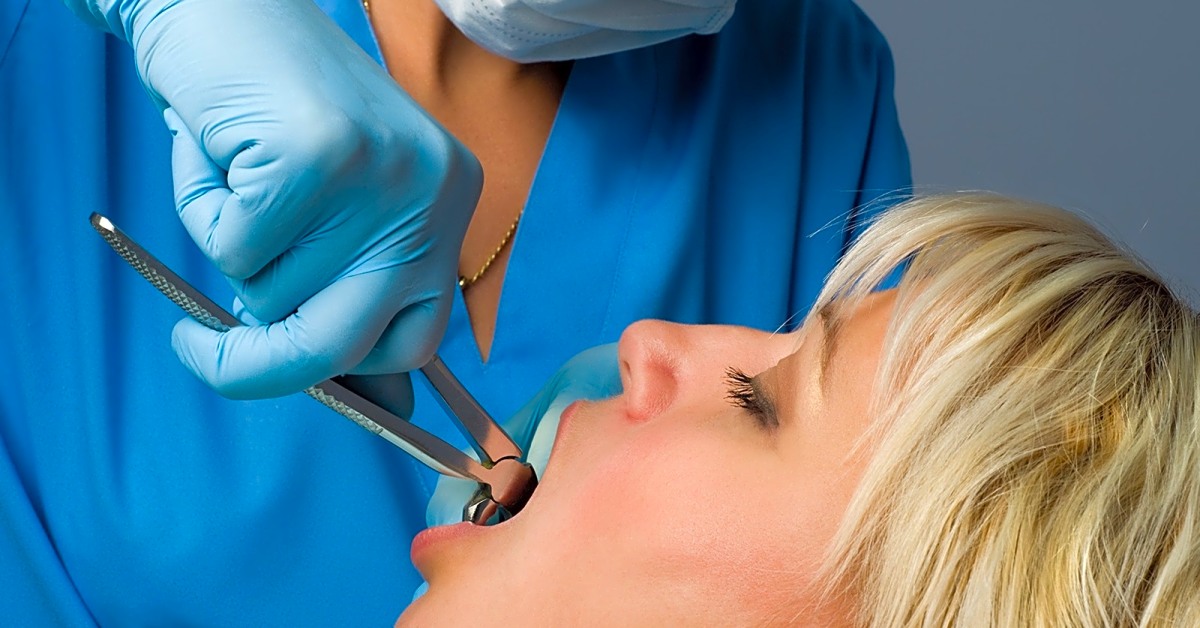How to prevent dental emergencies — Sun City West, AZVisit your dentist every six months. All too often, patients regard their routine checkups as just a quick examination of tooth decay. Prioritize good oral hygiene at home. Use tools to open packaging, not your teeth.
Protect your teeth, wear a face mask. At the start of a dental emergency, it is important that you contact our practice immediately so that we can assess your condition, repair the damage and thus prevent future complications. Accidents happen, and immediate treatment can make the difference between saving or losing a tooth and fixing a problem at an early stage or treating permanent damage in the future. Avoid chewing on objects that are not edible.
Many patients have a tendency to bite their teeth or chew on pens. This can cause cracks or chipping in the teeth. Swap out these items for sugar-free chewing gum, a product that stimulates saliva production and purifies bacteria. Remember that uncomfortable situations such as lost fillings, chipped veneers, or broken dental appliances do not count as dental emergencies.
A dental emergency is any circumstance that requires obvious and urgent action to treat severe mouth pain, discomfort, or injury. Rinse your mouth with warm water and floss any food that is between your teeth. You may be at risk of having the crown pulled back over your tooth. However, it is important that you coat the surface with over-the-counter dental cement, toothpaste, or denture adhesive first to keep the crown in place. Dental emergencies can be scary, but knowing what to do in these scenarios can sometimes make the difference between keeping a tooth or losing it.
By simply showing up to your regularly scheduled dental appointments (generally recommended every six months), Rhoades Family Dentistry dentists take care of your overall oral health and prevent certain dental conditions that could potentially lead to future dental emergencies. For now, stick a piece of sugar-free chewing gum into the cavity before entering or use over-the-counter dental cement. Dental emergencies occur unexpectedly, such as when you have a terrible, excruciating toothache or when your child falls and breaks their tooth. So it’s no wonder that dentists recommend an emergency visit if you have a missing or fallen tooth.
A dental emergency, whether it occurs on your teeth, gums, or anywhere else, can have serious consequences if ignored, particularly if the effects are permanent or require extensive, expensive treatment in the future. Although not all toothaches require an emergency visit and some may go away on their own, it’s best to have all pain checked out by a dentist before the pain gets worse.

